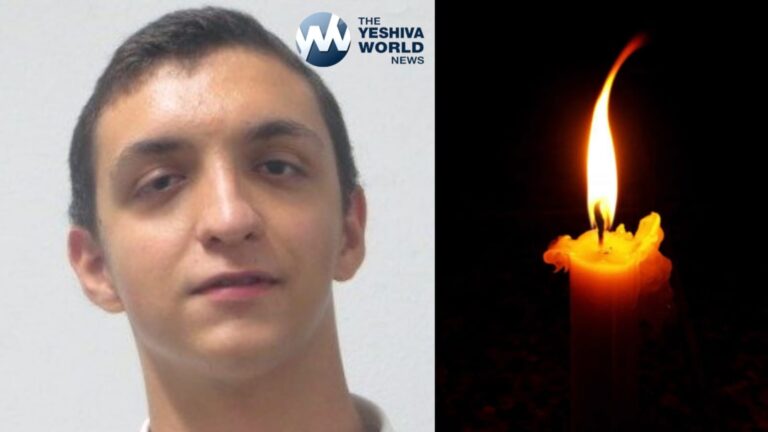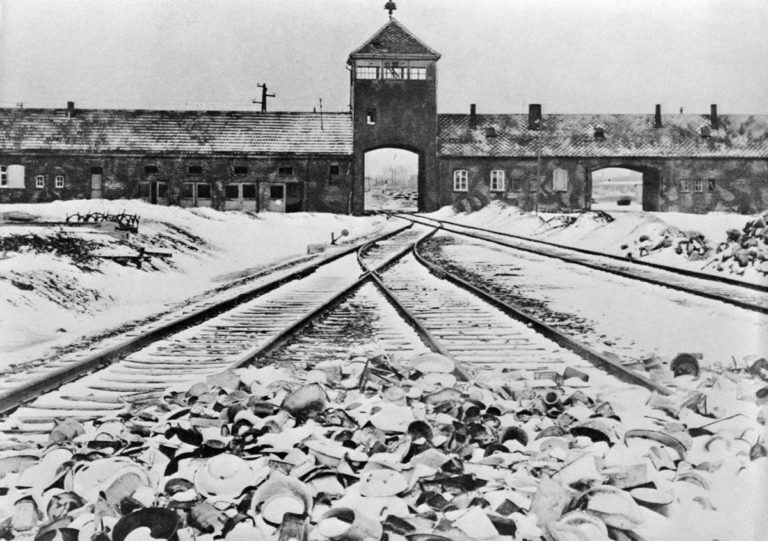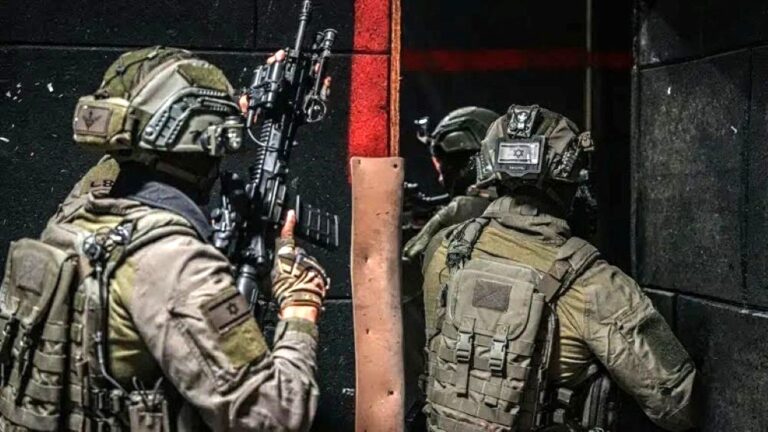 [By Rabbi Yair Hoffman for the Five Towns Jewish Times]
[By Rabbi Yair Hoffman for the Five Towns Jewish Times]
It is a custom whose roots reach back to the earliest era of our nationhood.
In order to make up for the fact that our ancestors actually had slept the night of the Sinaitic revelation, religious Jews stay up all night and study Torah (Midrash Shir HaShirim Rabbah 1:56). The custom does not fault our ancestors for being ill-prepared, for how does one prepare for something that one does not know anything about? Rather, it is a custom that allows Klal Yisroel to shine ever further.
MENTIONED IN ZOHAR
The practice is mentioned in the Zohar (Parshas Emor 98a). There it even describes the reward that awaits one who studies Torah all night. The all-night learner receives no less than seventy divine blessings from above and is crowned with a special celestial crown of the upper heavens. Then they are inscribed in a special Sefer HaZikaron, a book of memory.
LIVING OUT THE YEAR
The Arizal writes in Shaar HaKavanos that whoever stays up all night learning is assured that he will certainly live out the year. The Chofetz Chaim records this statement l’halacha (Mishna Brurah 494:1).
TIME IS NOT LINEAR
There is another interesting point too. Rav Dessler zatzal writes in Michtav M’Eliyahu that time is not a straight continuum. Rather, the nature of time is like a carousel that turns in circles. He writes that each Yom Tov is actually the very same Yom Tov that Klal Yisroel experienced in thousands of years ago in the year 2448. Each day on this carousel of time has its own special unique aspect to it. With this thought of Rav Dessler in mind, let us examine the words found in the Siddur Etz Chaim (page 46a). There it states that fulfilling this practice of learning all night makes it as if we ourselves received the Torah when we hear the Krias HaTorah of Shavuos. It is therefore, as if we were actually there at Har Sinai on the actual day of Matan Torah itself.
WHAT TO LEARN?
The question is, however, what should one learn? There is a special Tikkun Lail Shavuos that much of Klal Yisroel studies each Shavuos night. It encompasses Torah, Neviim, Ksuvim, Midrashim, and certain mystical parts of Torah. The Tikkun was established by the AriZal HaKadosh. And here is exactly where the controversy begins.
THE GREAT DEBATE
The Shlah HaKadosh (Tractate Shvuos 47) writes that this order of what to learn has become a Minhag in Klal Yisroel and this is what we should all certainly learn. The Shvus Yaakov, however, (Chok Yaakov 494) writes that this Tikkun was only enacted for the masses of people, and those that are capable of doing so should learn their own study regimen.
What is the common custom? Chassidim generally learn the Tikkun, but, generally speaking, Litvaks generally learn their own study regimen. Although, both the Steipler Gaon zt”l and lehavdil bain chaim l’chaim Rav Chaim Kanievsky actually did the Tikkun Leil Shavuos (See Teshuvos Rav Chaim #216). The Sefer Tefilah K’Hilchasa rules that an Avel, a mourner, recites the Tikun Lail Shavuos.
Sefardim also generally learn the Tikkun, particularly because the Chida writes (Lev David 31) that one should do so. Indeed, he writes that a group of people who changed the study regimen to studying the Rambam did the wrong thing. He compares what they did to building a Bamah – an unauthorized sacrificial platform.
MINHAG IN LITVISH YESHIVOS
The minhag in virtually all of the Litvish Yeshivos, however, is to study what the Yeshiva itself studies during the regular Zman. What about the Chida’s point against the group of people that studied the Rambam? We should note that this group created a new regimen for Shavuos. They did not continue their regular yearly regimen. Our Yeshivos, however, are continuing their regular regimens.
It is interesting to note that the Vilna Gaon himself learned the Arizal’s special Shavuos regimen. It is also interesting to note that in the time of Rav Aharon Kotler zatzal in Lakewood there were many bochurim that learned Torah on both nights of Shavuos.
So what should one be studying on this night? The Gemorah tells us (Avodah Zarah 19a) that a person does not learn except for where his heart desires. The Yeshivos should therefore continue their practice, and the places that study the Tikkun should continue their practice too.
The author can be reached at [email protected]











3 Responses
The guys in the picture think it’s hilarious that their face comes up every time someone Googles for “Bais Medrash”.
This was Rav Yissochar Frand’s shiur during first seder in Ner Yisroel in 2004.
Regarding the Vilna Gaon learning the Tikun; If I recall.. there is an old saying from the Dubna Magid, basically its either for the ones that have mastered all of the torah (and gave a parable that its like a sample on a window front of a shop..) or like the Chok Yaakov says..for the totally unlearned.
One Shavuos the Dubno Magid was a Yom Tov guest at the Vilna Gaon. After the seuda they went to the Bais Medrash. The Vilna Gaon said Tikun Leil Shavuos (consisting of the beginning and ending of each Parsha, Tanach, and Mishnayos), while the Dubna Magid opened a gemara and started learning with his enthusiastic sweet voice. After a while the Vilna Gaon turned to him and asked him why he is not saying the Tikun?
The Dubno Magid answered with a Mashal. Once there was a young man who sat and learned after his wedding for a number of years. One day his father-in-law asked him to start working. Not knowing the slightest thing about business his father-in-law suggested that he go to the marketplace and see what all the other businessmen do, and do the same.
In his trip to the market he saw all the storefront displays with samples of merchandise in them. He too rented a store, bought some merchandise for the window and sat in the store. After a few days his father-in-law came to his store to check up on how business was going. His son-in-law sitting in an empty store told him that no one has bought a single item. “Of course not” screamed his father-in-law angrily, “you only have a window display but no merchandise to sell!”
The Dubna Magid said to the Vilna Gaon, “You say a few pasukim from each parsha as window dressing for the storehouses full of Chochmas HaTorah that you possess. I have no merchandise inside and it would be foolish for me to say the Tikun as window dressing. I need to sit and learn a piece of gemara to acquire some merchandise.” (Yisroel V’HaZmanim/Yichaveh Daas).
(from the Revach L’Neshama website.)